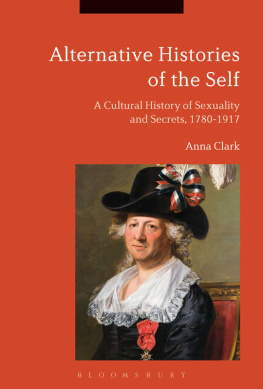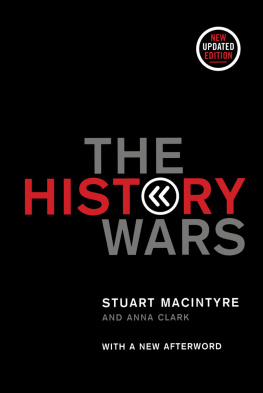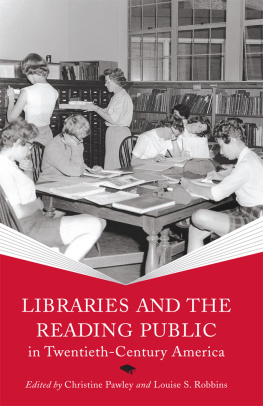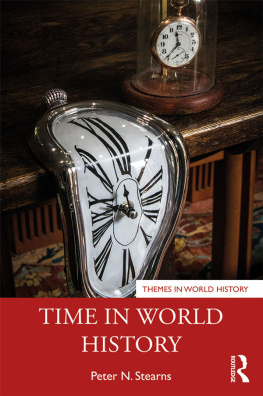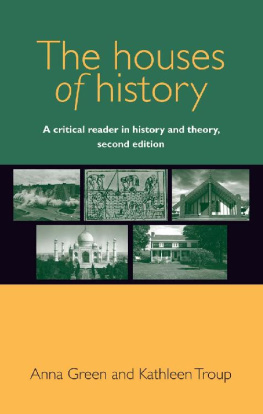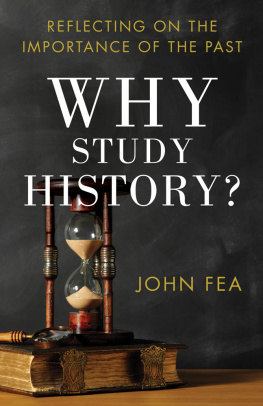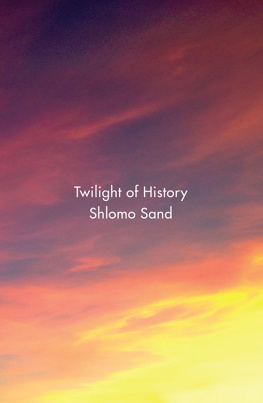MELBOURNE UNIVERSITY PRESS
An imprint of Melbourne University Publishing Limited
1115 Argyle Place South, Carlton, Victoria 3053, Australia
mup-info@unimelb.edu.au
www.mup.com.au
First published 2016
Text Anna Clark, 2016
Design and typography Melbourne University Publishing Limited, 2016
This book is copyright. Apart from any use permitted under the Copyright Act 1968 and subsequent amendments, no part may be reproduced, stored in a retrieval system or transmitted by any means or process whatsoever without the prior written permission of the publishers.
Every attempt has been made to locate the copyright holders for material quoted in this book. Any person or organisation that may have been overlooked or misattributed may contact the publisher.
Text design and typesetting by Cannon Typesetting
Cover design by Nada Backovic
Printed in Australia by McPhersons Printing Group
National Library of Australia Cataloguing-in-Publication entry
Clark, Anna, 1978 author.
Private lives, public history/Anna Clark.
9780522868951 (paperback)
9780522868968 (ebook)
AustraliaHistory.
AustraliaSocial conditions.
Thinking About History
I TS 3 A.M. and Im in the front seat of a taxi on my way to the airport to attend a conference in New Zealand. What do you do? asks the driver. Im a historian. Im still half asleep and dont feel like talking. What do you study? he continues. Australian history. History? he roars. History! My driver tells me he comes from Serbia. According to him, Australian history is just white people came here and killed the Aboriginals. Is not history, is bullshit!
I was too tired to argue that morning, but his incredulity has stayed with me. And today Im still trying to come up with a response that would satisfy my cabby and my friends alike: what does Australian history mean? How does it function in our lives? Does it matter?
We know that history matters for Australia, because its contested narratives are publicly debated all around us. The national story captivates governments, enrages historians and public commentators, grabs headlines, and spawns endless public commentary. It divides and delights; it politicises and polarises.
The history wars, as those debates have come to be known, play out over museum exhibits, national commemorations, public apologies and the ways we teach the past to the next generation: should the Australian War Memorial commemorate the victims of the Australian frontier wars? Should Australia Day be moved? Should we be sorry for the historical actions of the past? Should Australian history be compulsory? (And so on.)
But does that national story have any meaning for Australian families and communities? Are those historical questions also debated in our sports clubs, living rooms and community centre kitchenettes? Do they figure in everyday conversations?
In other words, does that history matter for us?
This book is an answer of sorts. It ponders how we think about the nations past in the context of our own local and intimate narratives, and it tries to understand the meaning of Australian history for Australians. It does so from the ground up, by exploring the ways people negotiate their own everyday understandings of history in the context of those powerful national narratives (such as the Anzac revival, the history wars, the apologies to the Stolen Generations and the Forgotten Australians, as well as the national curriculum).
Historical interest is booming at a community level. There are thousands of local history organisations and museums around the country, as well as genealogical societies and family history groups. The past is consumed on a grand scale,
But to what extent does the interest in those intimate pasts intersect with broader national historical questions and debates? How do we navigate the range of historical engagement across our public and private spheres?
THE FIRST STEP is to think about what constitutes this thing we call history.
Is it what happened?
Is it what were taught at school?
Does it have to be recorded?
Is it in museums?
Is it in a book, or a television show, or a movie? Does it have to be true?
Is it what we do when we think about the past?
Is it what we do on Anzac Day? Or Australia Day? (Or even Christmas, birthdays, funerals?)
My feeling is, all of the above: history is what happened, and its something we do. History is learned, studied and critiqued. Its also gossiped, chattered, whispered, imagined and laughed. We do it at home, at school and at university, as well as in the media, in libraries, in politics and in public.
We connect with some bits, and disconnect from others. And we variously inherit, commemorate, contest and place ourselves in it.
But in order to traverse that historical landscape, we need to think about history as more than just the sum of its many parts. We need an idea of history that accommodates not only what happened, but the many ways we think about the past.
Historical consciousness gives us this: it describes humanitys interest in its pastthe ways we remember and why, as well as how we learn and engage with historical knowledge and practice. Historical consciousness is uniquely and universally human. Human beings are history-makers, the ethnographic historian Greg Dening once mused. Of all the systems that are expressions of who a people are, the sharpest and clearest is their historical consciousness.
While theres some disagreement over the exact meaning of historical consciousness, the interpretation that has gained increasing acceptance comes from the German theorist Jrn Rsen, who describes it as making sense of the past. For Rsen, the term historical consciousness explains how the past is interpreted for the sake of understanding the present and anticipating the future.
I also like this definition because its not about states of consciousness, about achievement in historical knowledge or expertise. It doesnt matter whether youve studied history at school, how well you can evaluate historical evidence, or even if you know the name of the first Australian prime minister. Instead, Rsens explanation covers the role history plays in our lives and the various ways we play with history.
More than simply helping us to understand how we connect to history or how well we know it, this interpretation of historical consciousness also reveals history as fundamental to the way we think about ourselves. Historical consciousness, Rsen insists, covers every form of thinking about the past, from historical studies to the use and function of history in private and public life.


